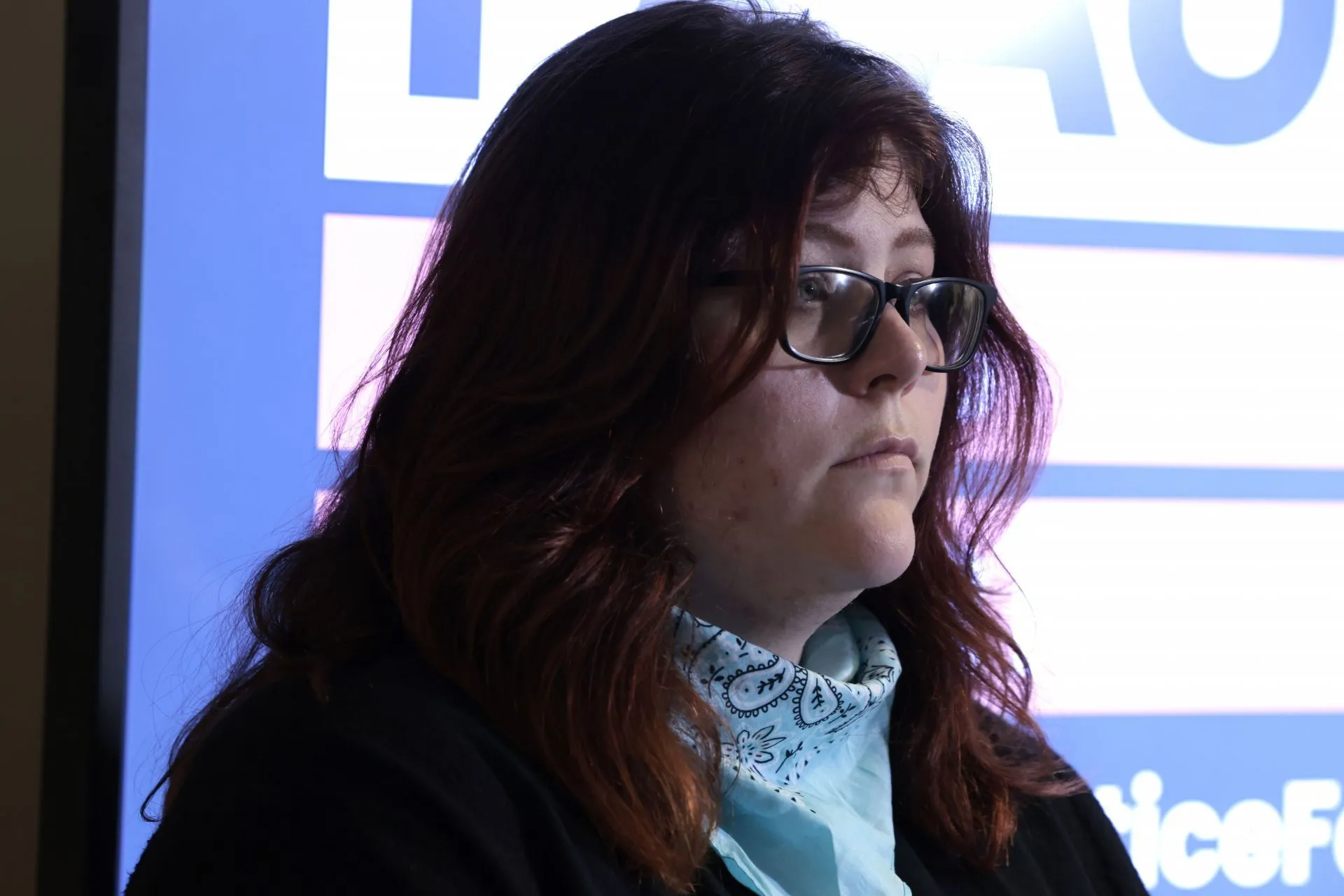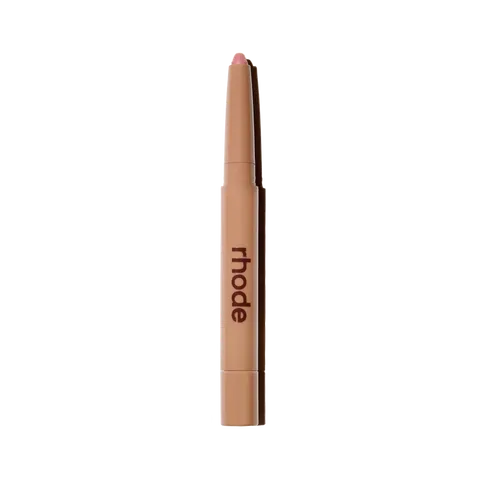Trump’s Controversial Pardon: Lauren Handy and the Fight Over Abortion Activism
In a dramatic political move that has reignited the national debate on abortion rights, former President Donald Trump pardoned 23 anti-abortion activists on January 23, 2025, just one day before the annual March for Life rally. Among those pardoned was Lauren Handy, a prominent figure in the anti-abortion movement who had become a controversial symbol of direct-action protest tactics.
The pardons, signed on the 52nd anniversary of the landmark Roe v. Wade decision, came with significant political and ethical implications. Handy and her fellow activists were originally convicted for their involvement in blocking access to a Washington, D.C. reproductive health clinic in October 2020 – an incident that drew national attention and sparked intense debate about protest methods and reproductive rights.
Background of the Controversial Pardons
Key details of the pardons reveal a complex narrative:
- The activists were convicted for blocking clinic entrances
- The pardon occurred on the eve of the March for Life rally
- The timing coincided with ongoing national debates about reproductive rights
Lauren Handy had previously gained notoriety when fetal remains were discovered in her home, a incident that raised significant ethical and legal questions about anti-abortion activism. The Thomas More Society, a legal group supporting anti-abortion advocates, played a crucial role in advocating for these pardons.
Political and Social Implications
The White House framed the pardons as a move to “promote a culture of life,” but critics argued that the action effectively undermined the rule of law. Vice President JD Vance was expected to address the March for Life rally, underscoring the political significance of the moment.
Reactions to the pardons remained deeply polarized:
- Supporters praised the activists’ commitment to their cause
- Opponents condemned the blockade tactics as harmful and obstructive
- Legal experts raised concerns about potential future implications for protest activities
Broader Context of Abortion Rights
These pardons come in the wake of the Supreme Court’s 2022 decision to overturn Roe v. Wade, which dramatically reshaped the landscape of reproductive rights in the United States. The move reflects a broader trend of political support for anti-abortion activists within certain factions of the Republican Party.
Expert Perspectives
“These pardons represent more than just legal clemency; they symbolize a continued political battle over reproductive rights,” said one constitutional law expert who wished to remain anonymous.
The timing and nature of the pardons suggest they may significantly influence upcoming elections, particularly among voters deeply concerned about reproductive health care access and activist tactics.
Looking Forward
The legal ramifications of these pardons could extend to ongoing cases involving other anti-abortion activists facing similar charges. Moreover, the March for Life rally – one of the largest annual gatherings of anti-abortion advocates in the U.S. – would likely use this moment as a rallying point.
Potential Long-Term Impact
- Potential encouragement of more direct-action protests
- Increased political polarization around reproductive rights
- Potential legal precedents for future activist cases
Conclusion
Trump’s pardons of Lauren Handy and her fellow activists represent a complex intersection of legal, political, and ethical considerations. While supporters view the action as a principled stand, critics see it as a dangerous precedent that could potentially encourage disruptive and potentially illegal protest methods.
The national conversation continues, with no clear resolution in sight.
Disclaimer: This article presents a balanced perspective on a highly sensitive political issue.






Leave a Comment